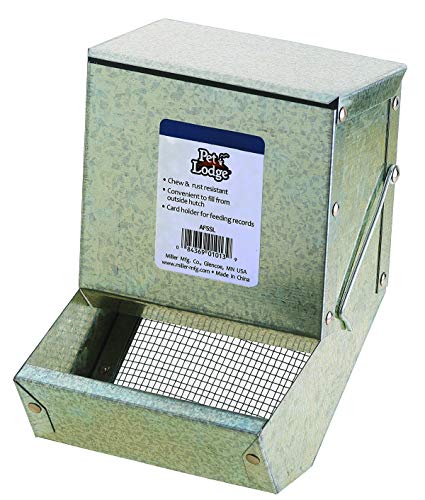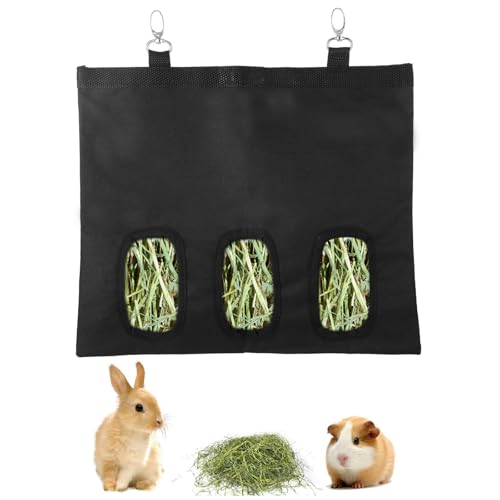Her Farmstead Rabbitry
Well-known member
Recently my rabbits came down with a respiratory illness. One just randomly started showing symptoms and pretty soon 1/3 of them have it. The buck that started out is looking much better. His appetite is back he I s not snotty but he is still a little raspy. I don't know if it is pasturella or not so I am going to send a culture to pavlab. What are your opinions on the bunnyvac? It is a preventative/treatment for pasturella. I'm not sure if I want to vaccinate my entire herd yearly. I have 13 breeders. But most that are sick are ones from very expensive Satin stock. One of the does that is getting sick has 2 week old babies! I guess I wanted to vent a little because it has been really hard.
Would you guys use the bunnyvac or just wait it out?
Opinions on selling the babies?
I really just need advice. I am already $1000 in the hole for just this year so I would really rather not cull all 5 sick rabbits.
Edit to add: I have been treating with VetRX.
Would you guys use the bunnyvac or just wait it out?
Opinions on selling the babies?
I really just need advice. I am already $1000 in the hole for just this year so I would really rather not cull all 5 sick rabbits.
Edit to add: I have been treating with VetRX.
Last edited:
















![FHQHTH Faux Rabbit Fur Purse Fuzzy Handbags for Women Evening Handbags Al alloy Shoulder Strap [Rabbit Red]](https://m.media-amazon.com/images/I/41l5Hd2qrhL._SL500_.jpg)






